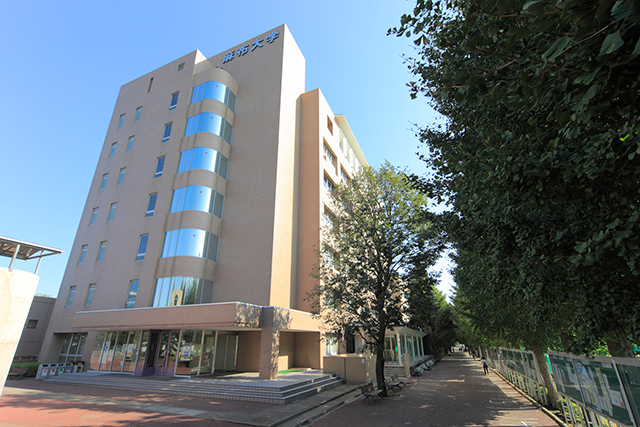A joint research team led by Daikan Nagane, a lecturer at Azabu University, found that polyhydroxybutyric acid (PHB), a kind of biodegradable polyester, promotes the increase of beneficial bacteria such as butyric acid bacteria in the intestinal flora, and obese mice. It was shown to ameliorate dyslipidemia in models.Other participants in the research include Professor Takumi Sato of Tokyo University of Technology, Anicom Advanced Medical Research Institute, Inc., and Nippon Petfood Co., Ltd.
The gut microbiota plays an important role in obesity and is a therapeutic target.The research team has previously reported that PHB, a polyester of 3-hydroxybutyric acid (ketone body), is degraded by intestinal bacteria and exhibits anti-colitis effects.Since ketone bodies have been reported to improve lipid metabolism, we investigated whether PHB could improve dyslipidemia associated with obesity.
In the study, diets mixed with PHB were administered to obese mice.As a result, subcutaneous fat decreased, and blood triglyceride and cholesterol levels decreased.Beneficial bacteria such as butyric acid bacteria were also increased in the intestinal flora.Furthermore, improvement of fat metabolism and suppression of oxidative stress were observed in the liver.
These results indicate that PHB is degraded by intestinal bacteria and continuously releases 3-hydroxybutyrate in the large intestine.PHB also regulates obesity-related intestinal bacterial changes and effectively suppresses dyslipidemia, so it has potential as a supplement for the treatment of obesity-related diseases.The results of this study are expected to lead to new approaches to the treatment of obesity and related diseases.
Paper information:[The FASEB Journal] Prebiotic effect of poly-D-3-hydroxybutyrate prevents dyslipidemia in obese mice

